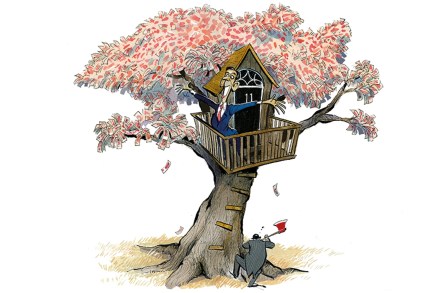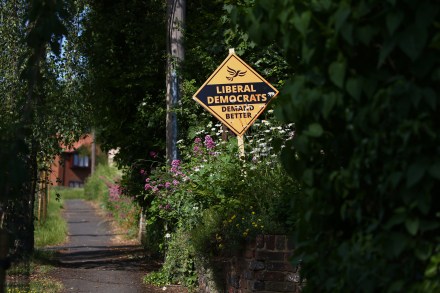The economic illiteracy of anti-capitalists
Back in October, World Bank chief economist Carmen Reinhart recommended that countries borrow heavily during the pandemic. ‘First, you worry about fighting the war,’ she said, ‘then you figure out how to pay for it’. As thousands of mask-free demonstrators took to the streets of London this weekend to campaign on issues ranging from Palestine to climate change, you have to wonder: are we still at war? And does anyone care about the economy anymore? It has been apparent for some time — though it may continue to confound psephologists — that issues such as identity, patriotism and culture are more important to the electorate than economic concerns. That the




















